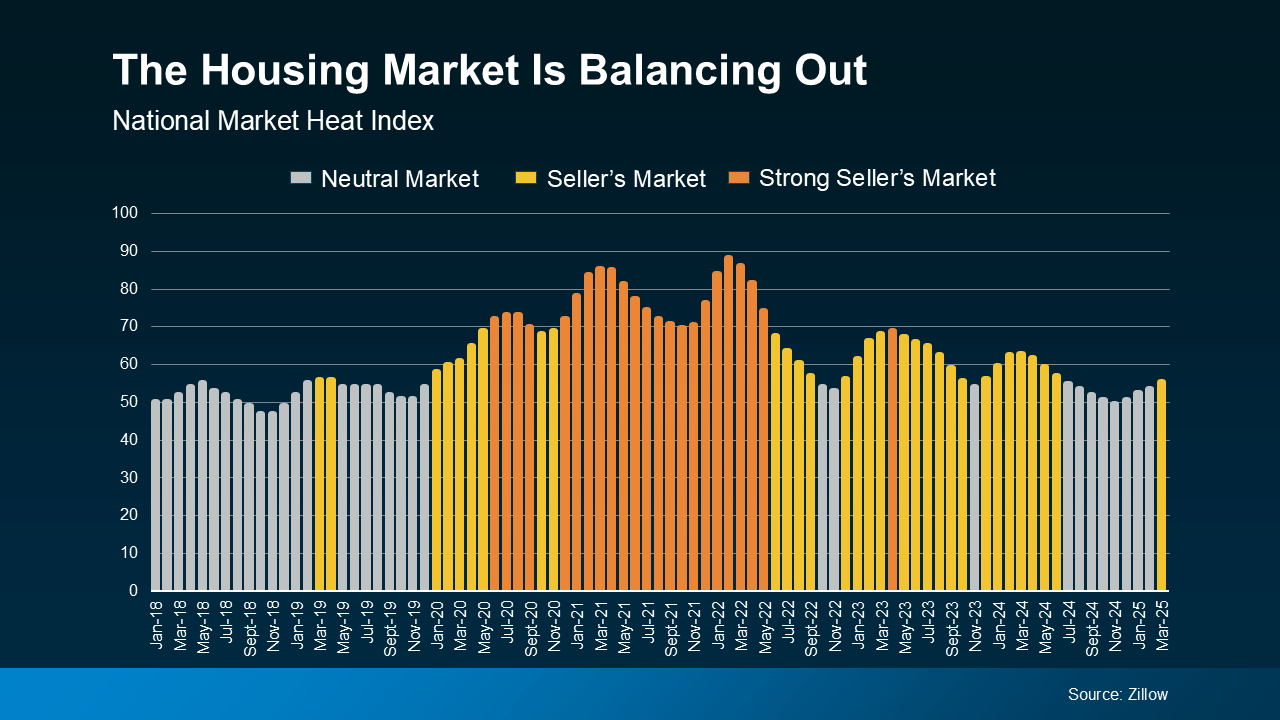Are We in a Buyer’s Market or a Seller’s Market? Here’s What That Really Means
One of the most common questions buyers and sellers ask today is whether the current real estate market is a buyer’s market or a seller’s market — and understanding the difference is crucial to making informed decisions.
What is a Seller’s Market?
A seller’s market occurs when there are more buyers looking for homes than there are homes available for sale. This tight inventory means homes sell quickly, often receive multiple offers, and typically command higher prices. Sellers can be more confident with pricing and may not need to make as many concessions or offer incentives. This has been the case in many areas over the past few years, where homes would sometimes sell within days and bidding wars were the norm.
What is a Buyer’s Market?
In contrast, a buyer’s market happens when there are more homes on the market than there are active buyers. This increased supply gives buyers more negotiating power. Homes tend to stay on the market longer, and sellers may need to reduce prices or offer to cover closing costs to attract offers. In these conditions, buyers have more opportunities to take their time, explore options, and negotiate favorable terms.
A Shift Toward Balance
Currently, many regions — including Portland — are experiencing a shift away from a strong seller’s market toward a more balanced market. Recent data from the first quarter of the year shows that while sellers held a significant advantage from 2020 to early 2022, the market has been trending toward equilibrium.
In this more balanced environment, homes may stay on the market longer, and bidding wars have become less intense. Sellers are now encouraged to price more realistically and may need to consider concessions such as offering credits for repairs or closing costs.
The Role of Inventory
A major factor driving this shift is increased inventory. More homes are coming to market, especially in the South and West regions, which includes Portland. As the number of available homes grows, buyers gain more choices and flexibility, ultimately reducing the urgency that fueled rapid sales in previous years.
However, it’s important to note that the market can vary greatly by neighborhood. Some areas, like certain Eastside Portland neighborhoods, still feel like a seller’s market with limited inventory and strong competition. Meanwhile, parts of the Westside are seeing more listings, giving buyers greater leverage.
Why Local Expertise Matters
These micro-market differences highlight the importance of working with a knowledgeable local agent. While national headlines provide general trends, they don’t capture the nuances of specific neighborhoods or housing types. A local expert can help buyers and sellers understand what to expect in their area and tailor strategies accordingly.
Strategy Matters — Whether You’re Buying or Selling
For sellers, a balanced market means putting extra effort into home presentation, strategic pricing, and being open to negotiations. For buyers, it offers a welcome break from intense competition and allows for more thoughtful decision-making.
Knowing the type of market you’re in helps shape pricing strategies, negotiation approaches, and timeline expectations. Every situation is unique, and whether the goal is to move up, downsize, or buy a first home, having a clear plan is key.
Join Jackie and Michele on this weeks market update video!



